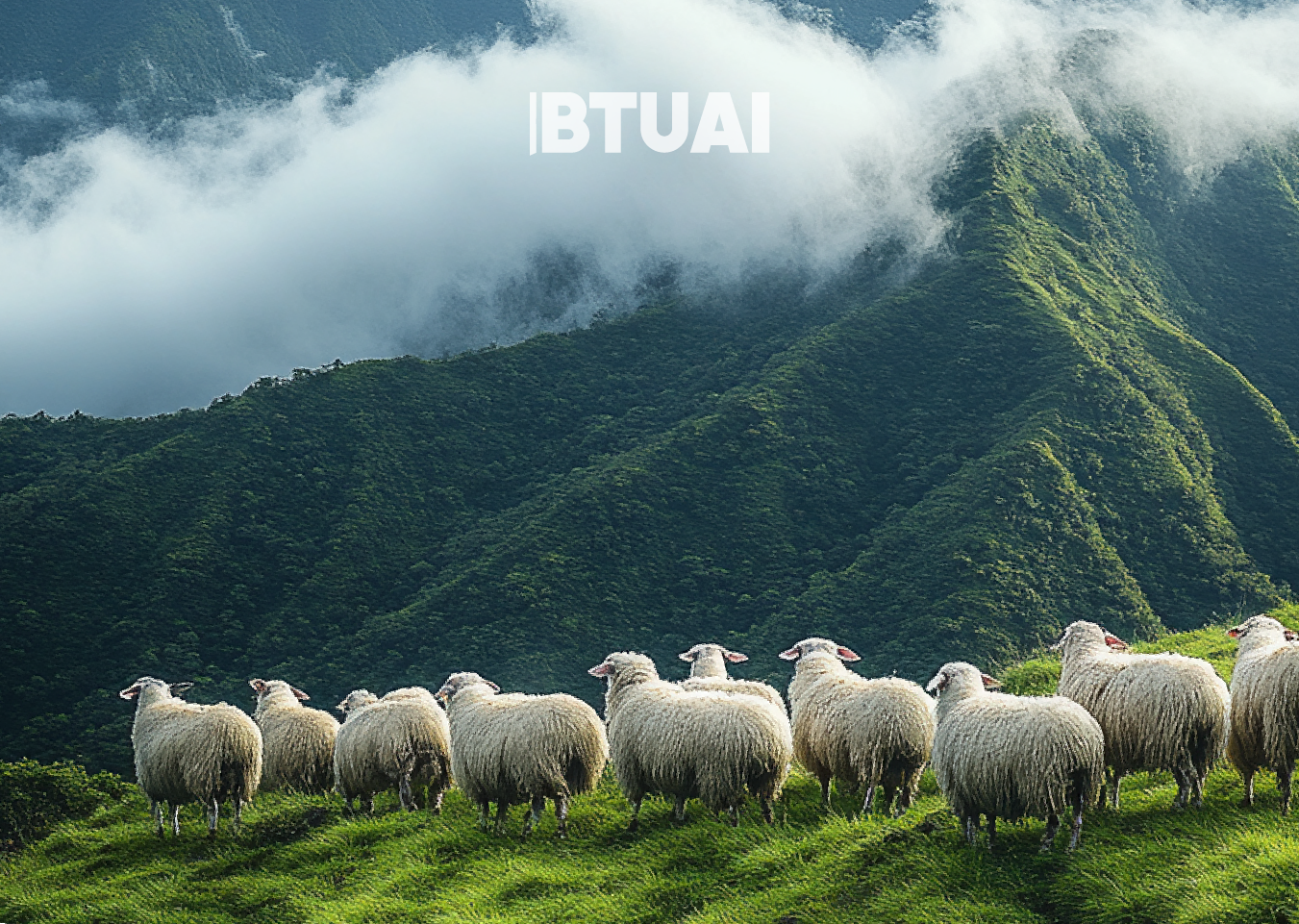Sheep from the South Caucasus: Georgia’s Export in a Changing Market
In 2024, Georgia’s total export of live sheep and goats amounted to $39.9 million USD—lower than the record year

In 2024, Georgia’s total export of live sheep and goats amounted to $39.9 million USD—lower than the record year of 2023, but still significantly higher than levels seen in 2020–2022. This shows that demand for Georgian sheep in the region remains strong. Yet holding onto this position is increasingly difficult, as competition in the regional market intensifies, buyer demands evolve, and the trading environment becomes more complex.
Georgia’s main export destinations for live sheep are in the Middle East—Saudi Arabia, Iraq, Kuwait, Qatar, and the United Arab Emirates. In these countries, live sheep are not just a food product but part of religious and cultural traditions. Slaughter must often take place locally and follow halal practices, making the import of live animals essential. This gives Georgia an opportunity—but also responsibilities: transport, animal health, and quarantine conditions are closely monitored at every step.
One key market—Azerbaijan—was less active in 2024. Previously Georgia’s top buyer of sheep, it has recently reduced demand due to cheaper imports from Kazakhstan and Ukraine, as well as increased local production. As a result, Georgian producers have faced downward price pressure and the need to explore alternative markets.
Other regional players are becoming more assertive. Turkey has expanded its sheep exports to the Gulf in recent years, primarily focusing on processed products with higher added value. Iran, with vast grazing lands and low costs, competes aggressively on price and continues gaining market share. Armenia is also trying to enter Arab markets with smaller but high-quality shipments, where meat yield and quality are key.
Georgia is working to maintain its niche, but long-term stability can’t rely only on traditional buyers. There have been attempts to reach new markets like Lebanon, Egypt, and Jordan, but establishing a foothold is challenging: logistics are long, standards are high, and the competition is global.
In this environment, exporting sheep is no longer just about moving animals. It’s about navigating changing prices, tightening regulations, and regional players vying for the same buyers. Georgia may have certain advantages—such as proximity and long-standing experience—but those alone are no longer enough. Stability, quality, and trust now define success.




